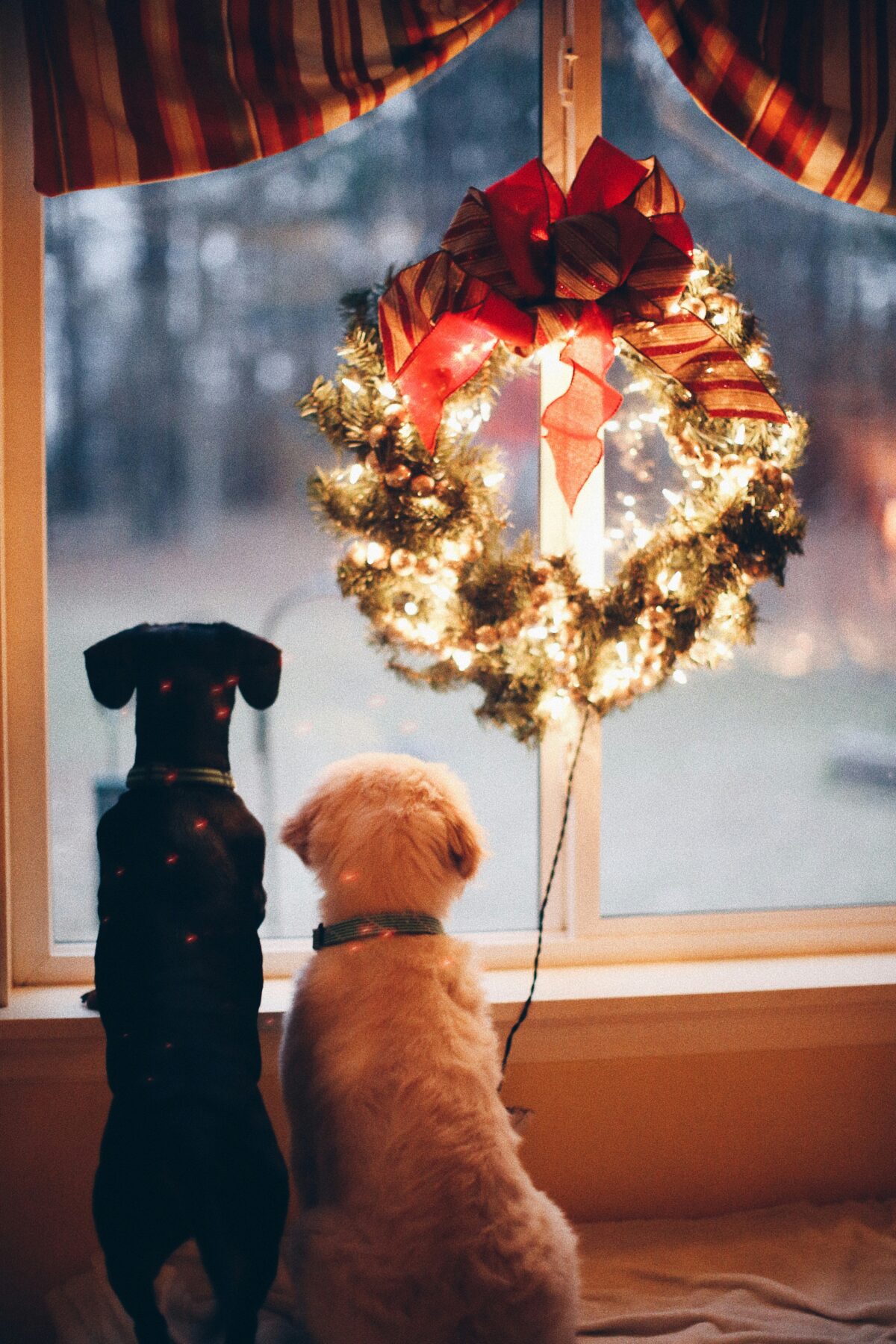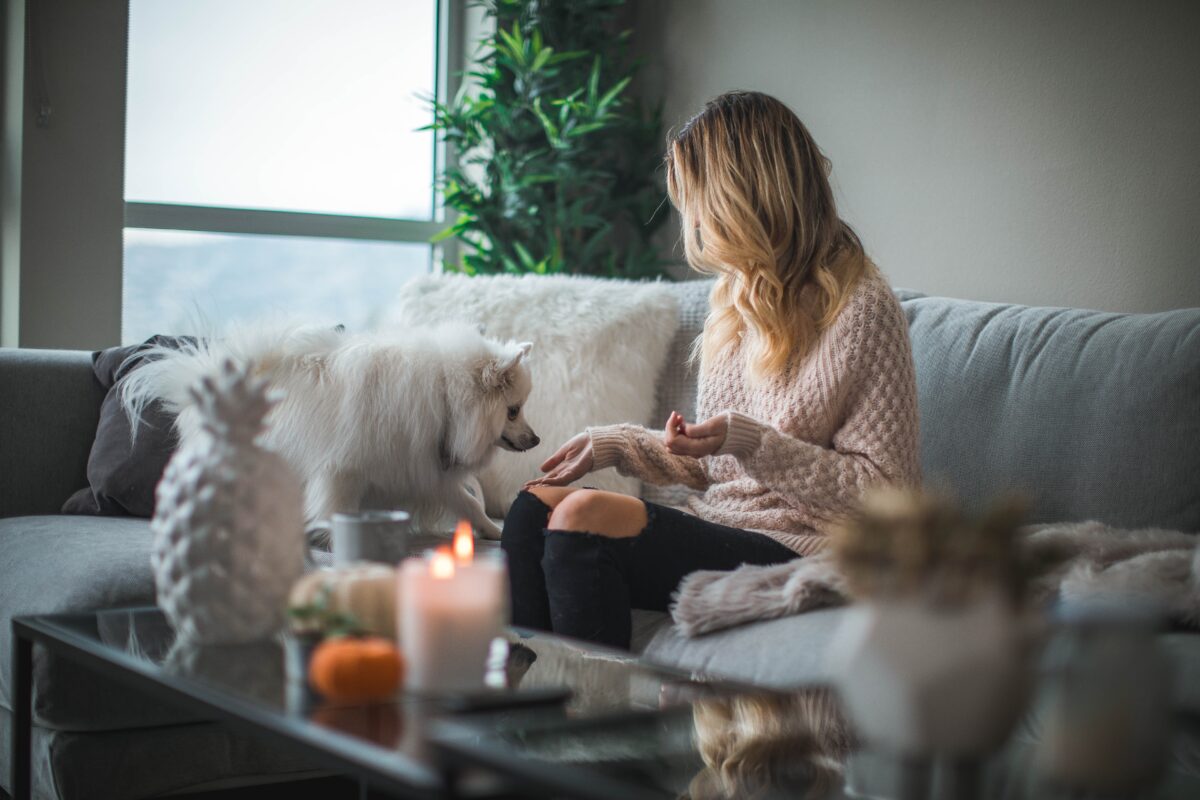With the holiday season approaching, I know many of us are starting to think about decorating our homes. This is often a fun experience for family members of all ages, but I do want to urge caution, as decoration-related injuries are unfortunately fairly common.
The good news is that you can reduce the risk of injury and stay focused on the true joys of the season by taking precautions and keeping safety considerations top of mind. Here are a few such hazards to consider:
- According to the National Fire Protection Association, one-third of home decoration fires are caused by candles, and two out of every five decoration fires result from placing decorations too close to heat sources. As you decorate, be sure to keep candles away from anything flammable and out of reach from children. It’s also a good idea to double-check that smoke alarms and fire extinguishers have fresh batteries and work correctly in case a fire does break out.
- As you decorate your home, avoid overloading electrical outlets with too many decorations. If you notice lights flickering or dimming or hear a buzzing noise coming from your outlet, you may have overloaded the circuit. It’s best to use surge protectors and power strips to distribute the load safely and regularly check cords and plugs for any signs of wear or damage.
- A common injury we see during the holidays is people falling off of ladders. When hanging decorations or stringing lights, make sure you have the right sized ladder for the job and avoid getting on a ladder if you’ve been drinking. A safety “rule of thumb” is to make sure to always maintain three points of contact while climbing a ladder.
- If you have young children or pets, consider their safety when selecting decorations. Opt for non-breakable and child/pet-friendly decorations to prevent accidents and potential injuries. Be mindful of anything that could be a choking hazard or, worse, poisonous.
I hope these are helpful for you as you start to prepare your home for the holidays. As always, if you have any questions or need anything during the holidays, I’m just a call away. Enjoy your holiday season.


